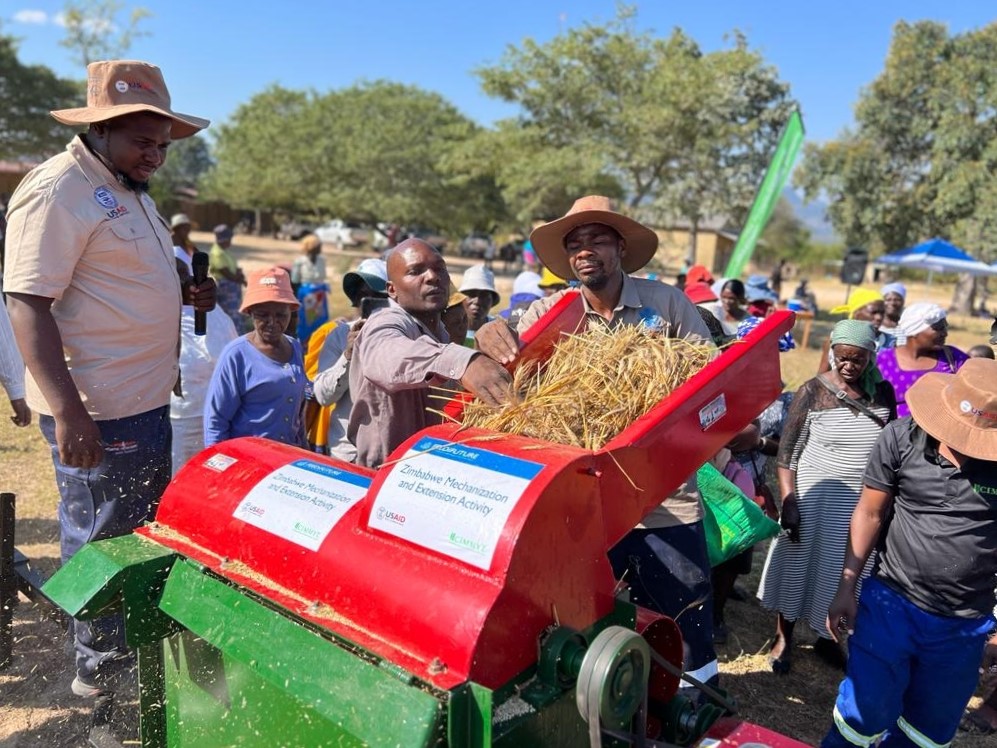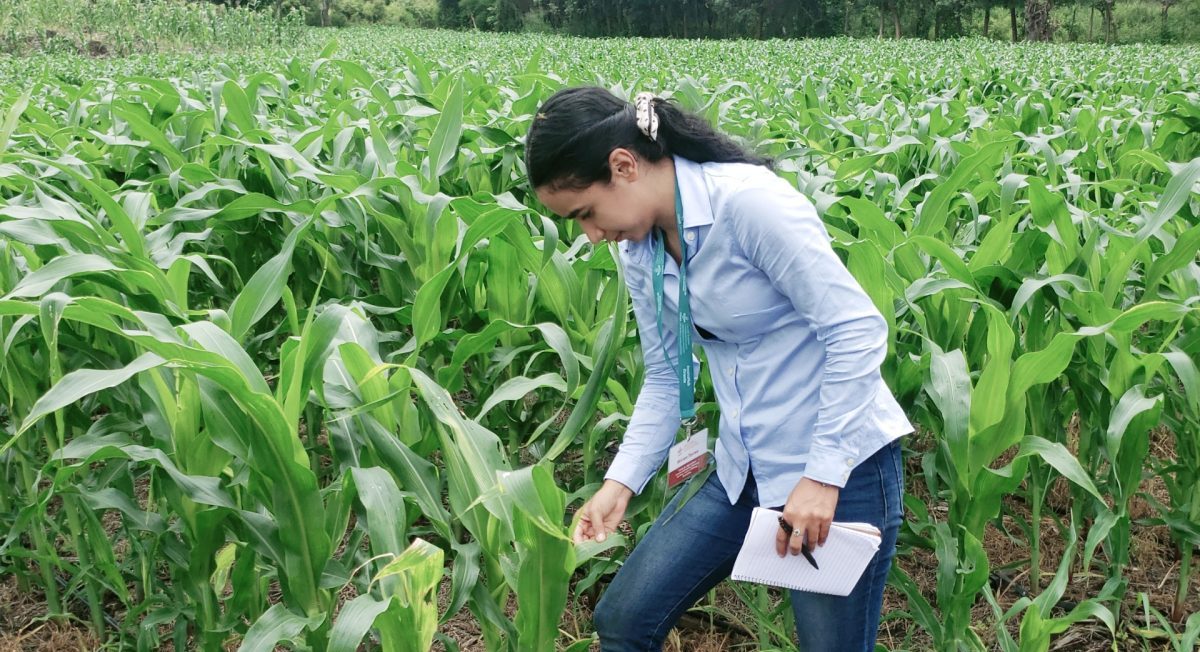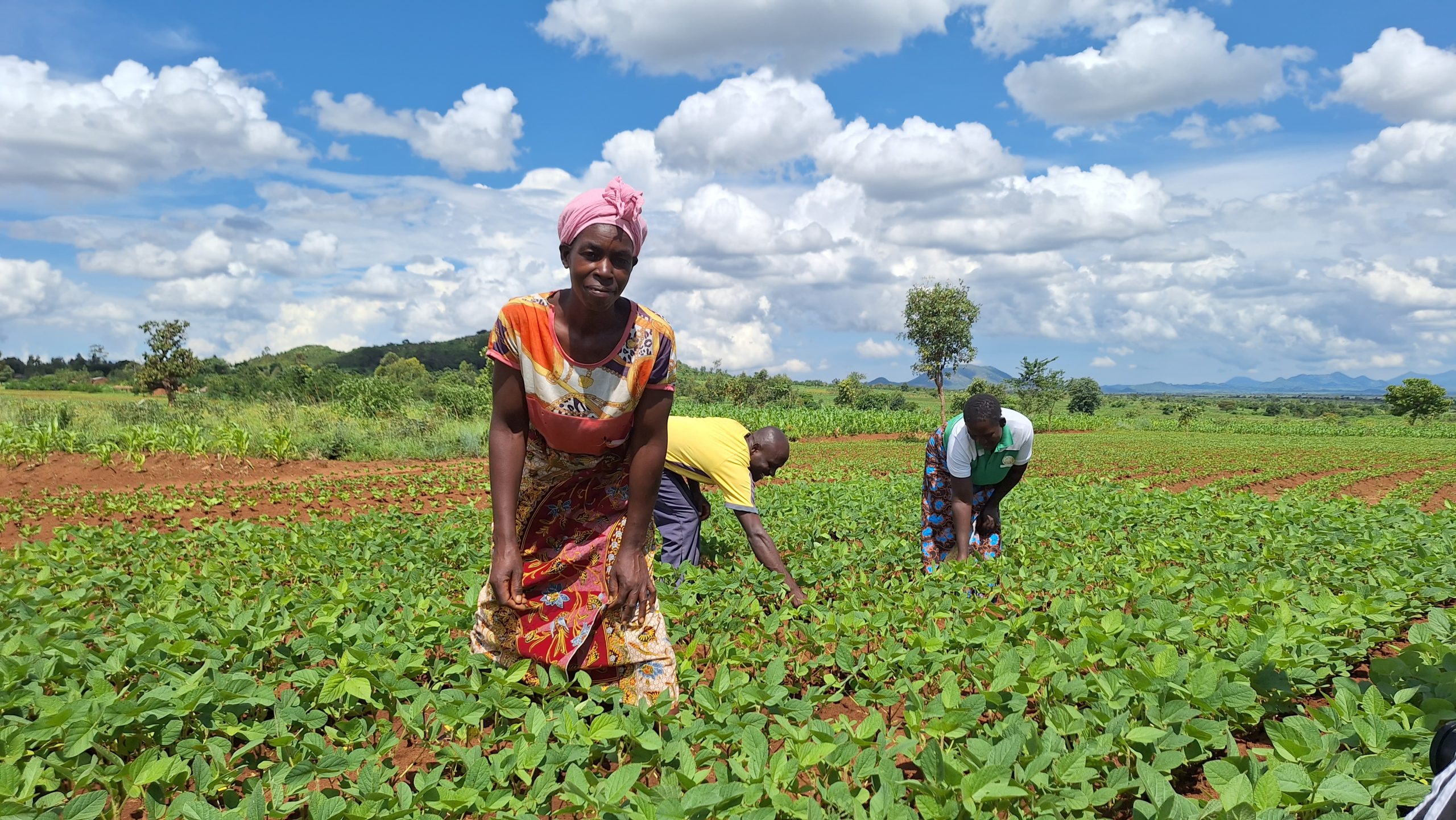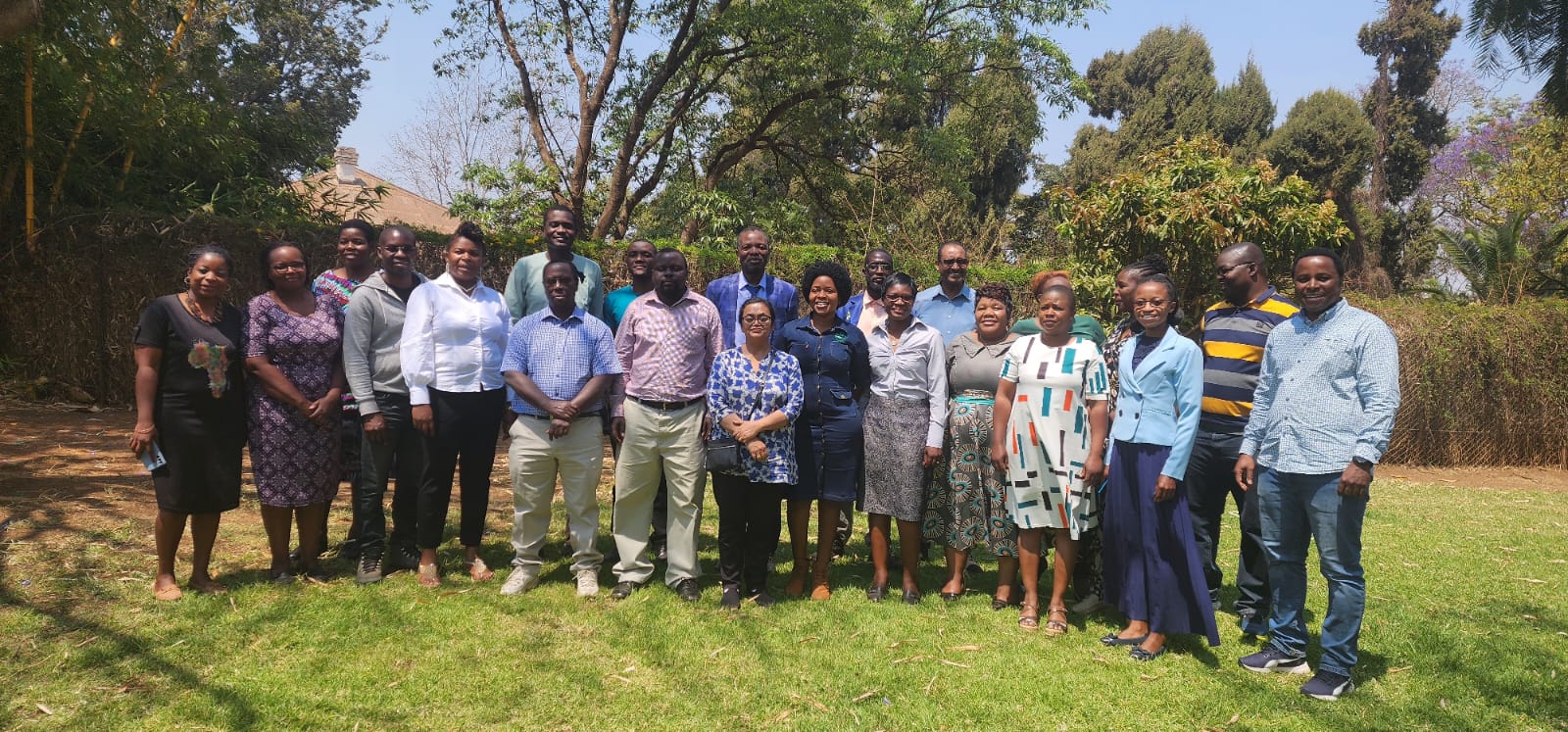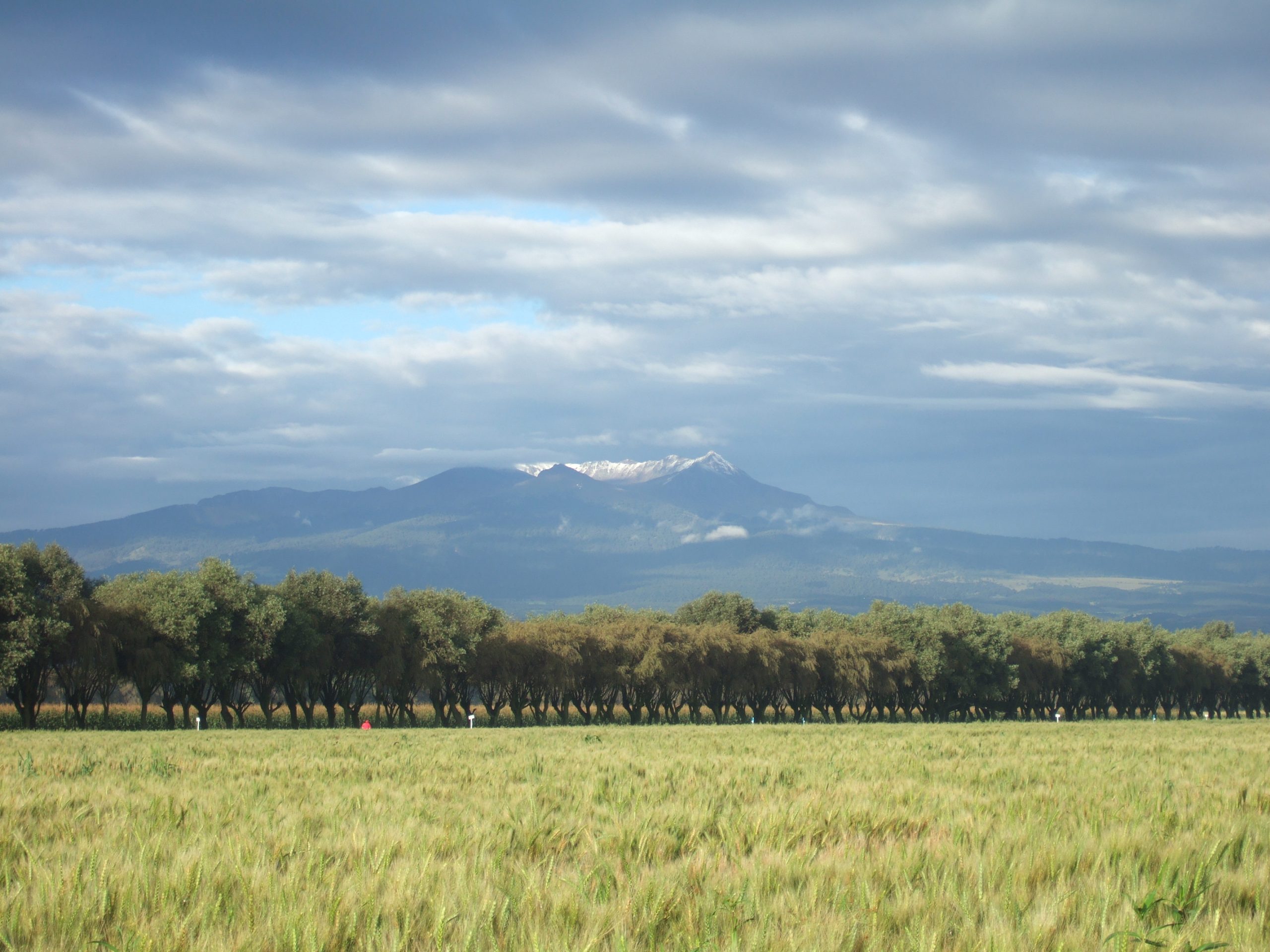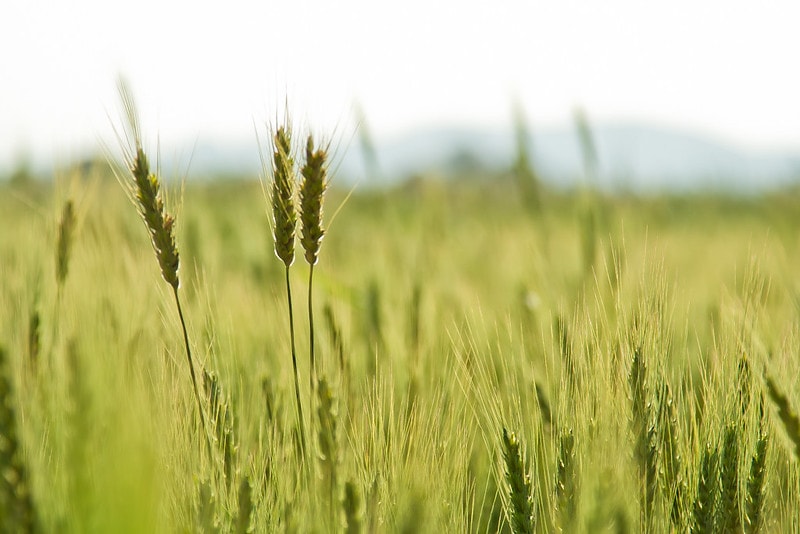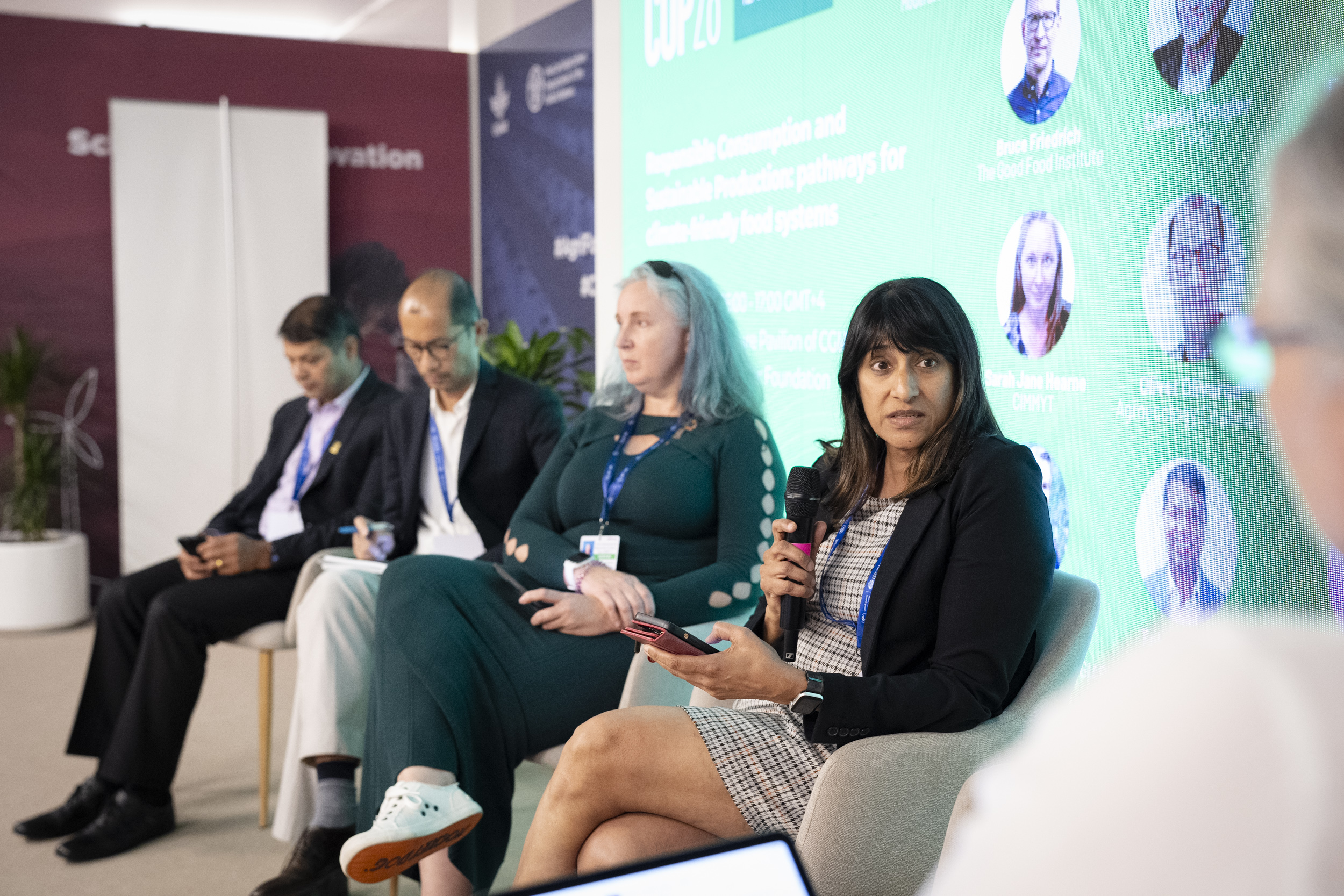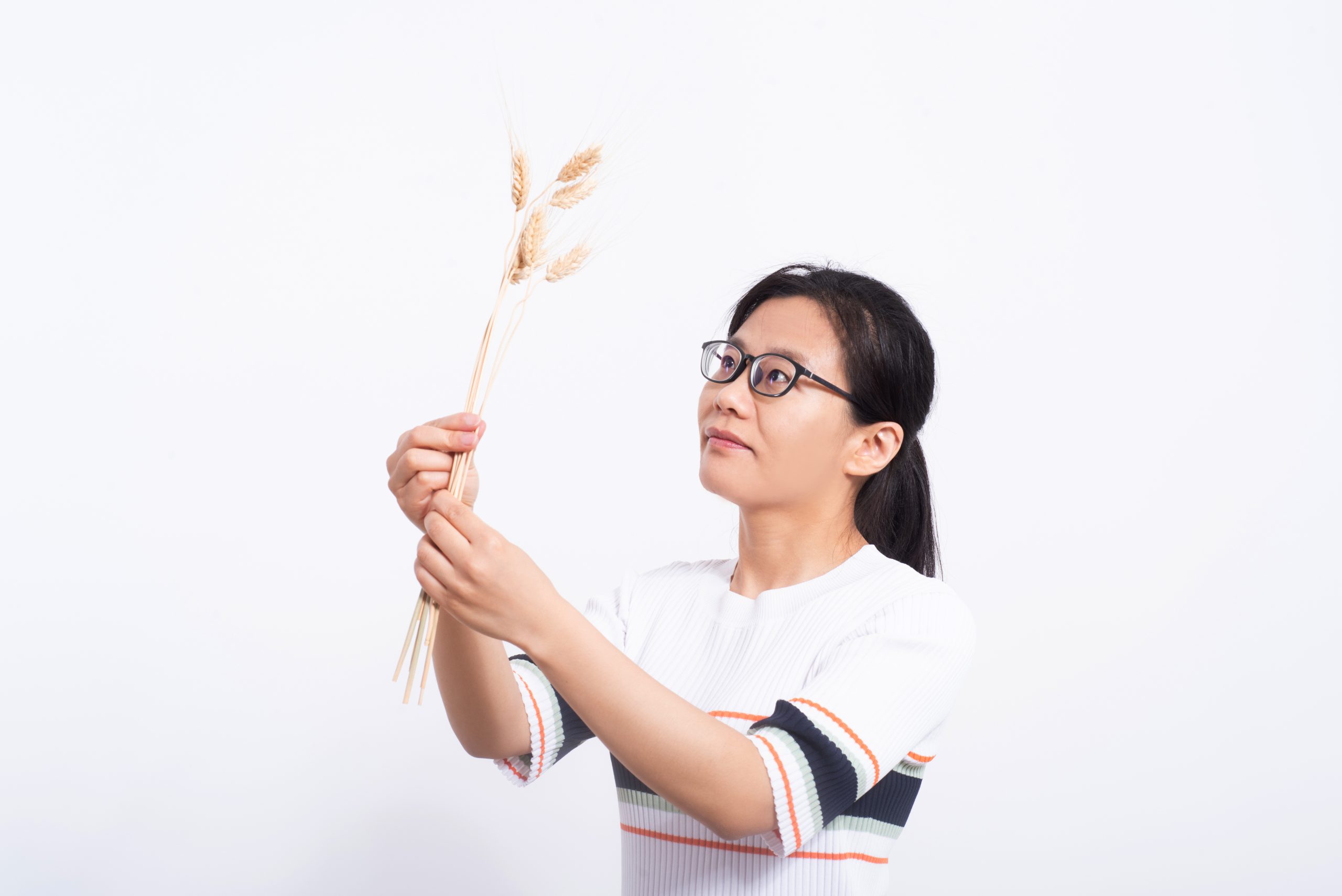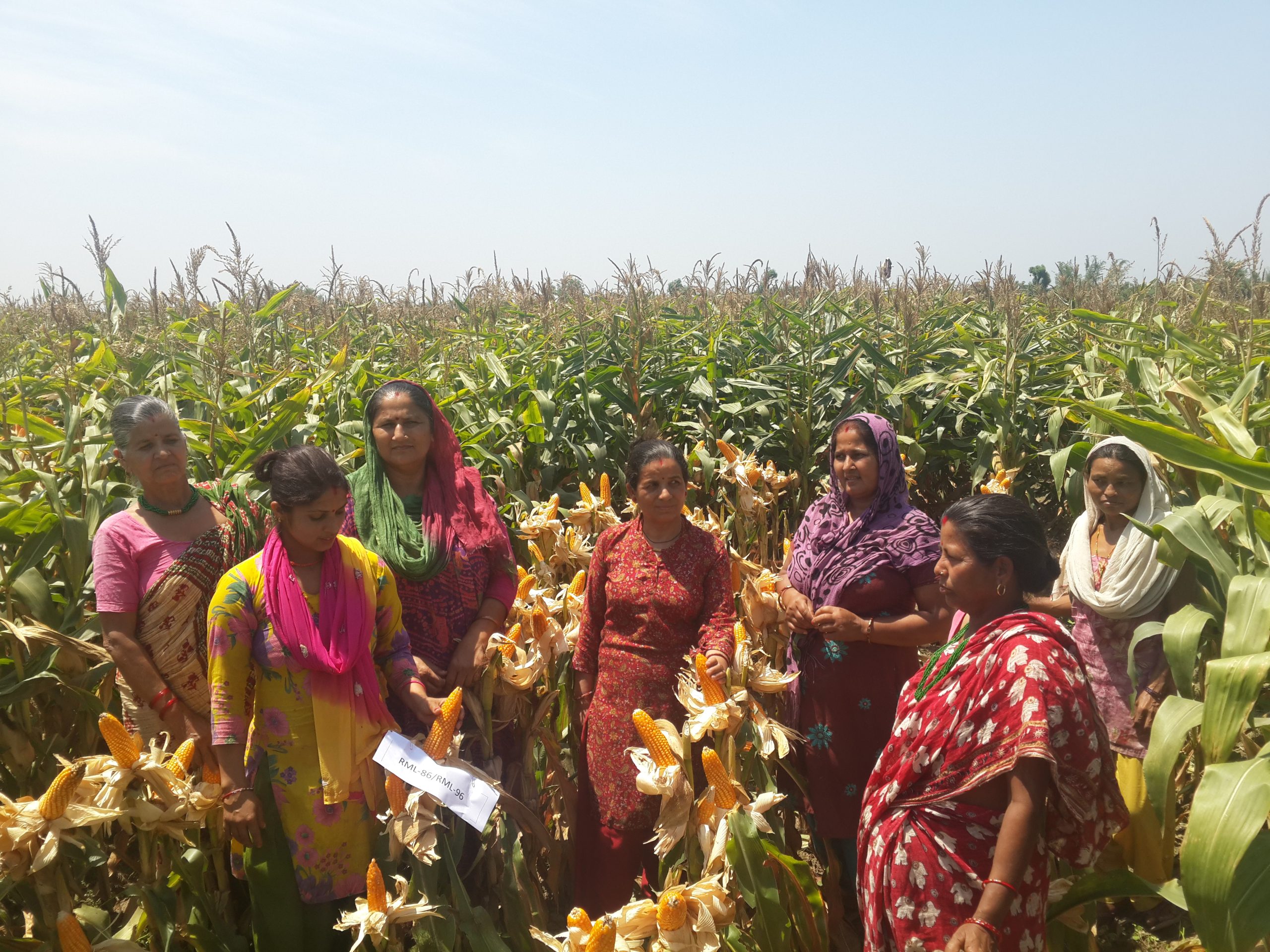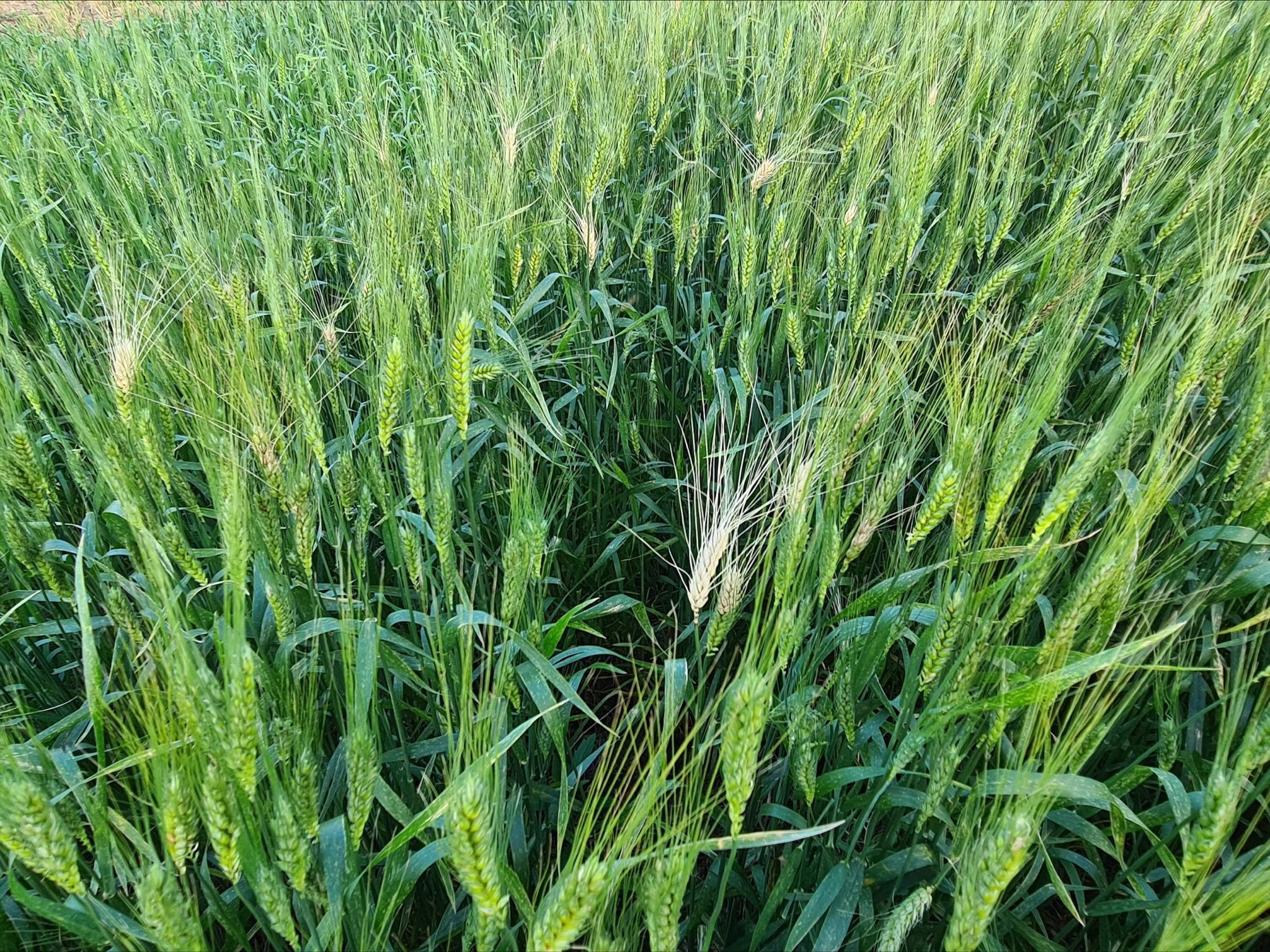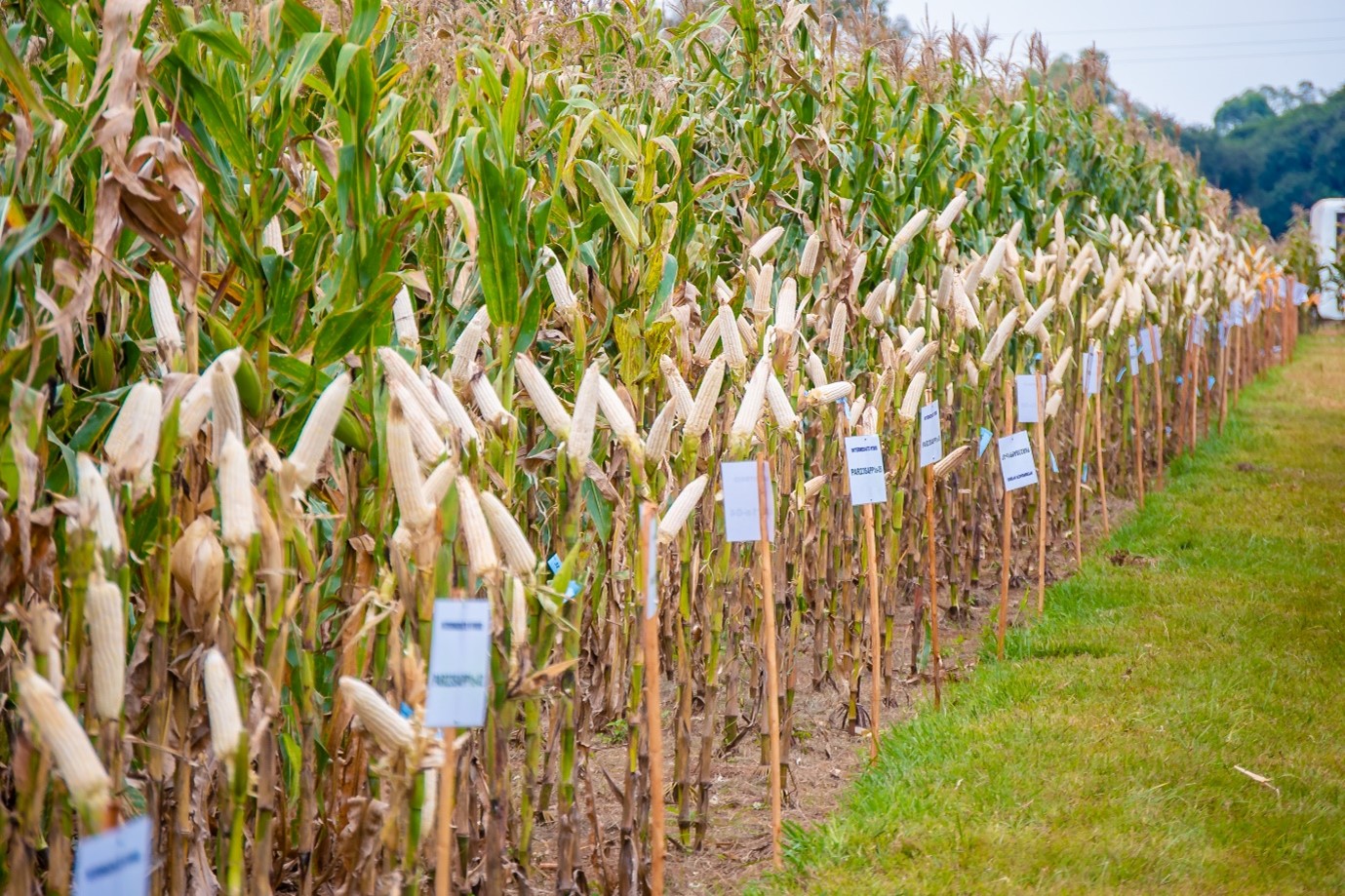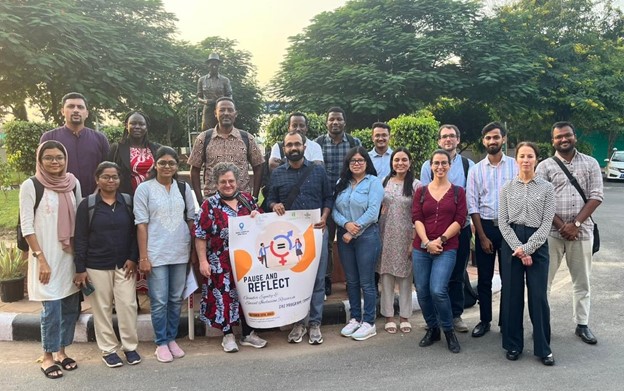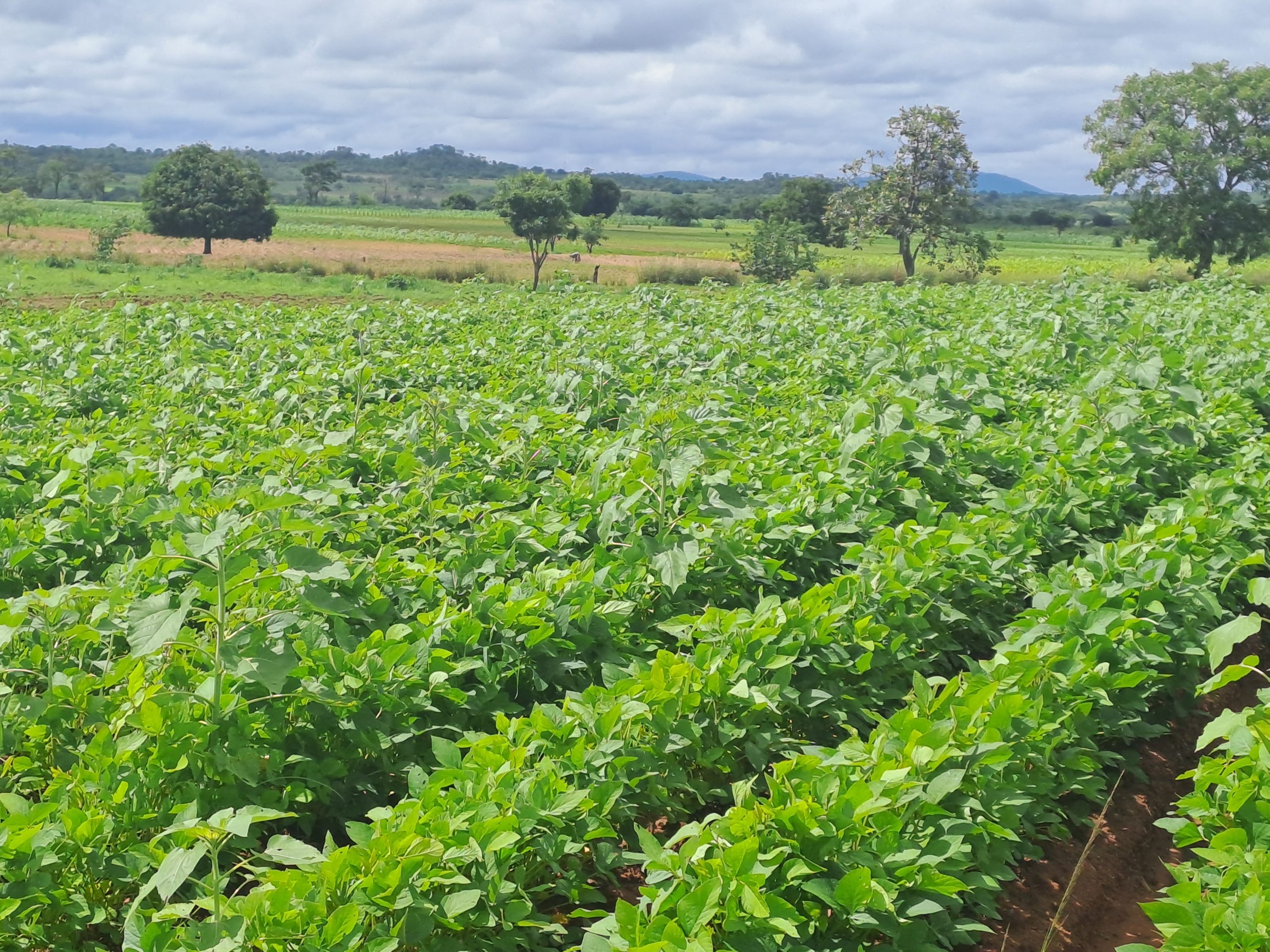CGIAR
No Stones, No Grit! A game-changing technology to process small grain introduced in Zimbabwe
 Capacity development
Capacity development
A locally made, affordable multi-crop thresher offers a convenient post-harvest processing option for smallholder farmers.
Empowering communities through sustainable agriculture
 Capacity development
Capacity development
For young Mirian, an agent of change, being part of the Honduran InnovaHub Oriente has allowed her to make agricultural innovations a means to empower her generation and women.
Women farmers turn the tide on soybean production
 Gender equality, youth and social inclusion
Gender equality, youth and social inclusion
In Mozambique, women spearhead efforts to enhance soybean yields with improved agronomic practices, yielding community-wide benefits.
Product Design Teams (PDTs): A client-oriented approach to defining market segments and target product profiles
 Capacity development
Capacity development
Working groups for seed systems stakeholders, known as Product Design Teams (PDT), are improving the availability and accessibility of seeds in Africa.
Advancing appropriate-scale mechanization in the Global South
 Climate adaptation and mitigation
Climate adaptation and mitigation
Premised on sharing best practices and charting a way forward towards harnessing appropriate scale mechanization, CIMMYT led an engaging meeting with key stakeholders in Zambia.
Advancing wheat breeding through rapid marker-selectable trait introgression
 Innovations
Innovations
CIMMYT’s commitment to excellence and precision is exemplified in the AGG WHEAT marker-selectable trait introgression. The journey from concept to reality—marked by the entry of 97 F5 lines into yield trials—signals a new era in wheat breeding.
Enhancing wheat breeding efficiency in South Asia through early germplasm access
 Environmental health and biodiversity
Environmental health and biodiversity
Success stories witnessed in India, Pakistan, and Nepal underscore the transformative potential of this approach, offering a beacon of hope for agricultural communities in South Asia and beyond.
Advancing conservation agriculture
 Capacity development
Capacity development
A workshop brings together scientists to share the latest innovations in conservation agriculture to benefit smallholder farmers and reduce the effects of climate change on food production.
CIMMYT joins global efforts to curb greenhouse emissions and strengthen food systems
 Climate adaptation and mitigation
Climate adaptation and mitigation
CIMMYT promoted ways to lessen climate shocks, especially for smallholder farmers who inordinately suffer the effects of climate change, including rising temperatures and extended droughts.
STEM the gap: Scientists reflect on women’s increasing participation and visibility in STEM careers
 Gender equality, youth and social inclusion
Gender equality, youth and social inclusion
At CIMMYT, women leaders and scientists work on the pressing issues of our times. They contribute as managers, economists, and scientists – breeders, soil experts, agronomists, GIS analysts, pathologists, etc. Every day they help CIMMYT deliver on its commitment: Science and Innovation for a Food and Nutrition Secure World.
Heat tolerant maize hybrids: a pursuit to strengthen food security in South Asia
 Climate adaptation and mitigation
Climate adaptation and mitigation
CIMMYT’s systematic and targeted breeding strategy in South Asia helped develop 20 high yielding and heat-stress tolerant maize hybrids. The ongoing efforts strengthens the livelihood of farm families who are highly vulnerable to climate change in the Asian tropics.
Wheat blast spread globally under climate change modeled for the first time
 Climate adaptation and mitigation
Climate adaptation and mitigation
Climate change: fungal disease endangers wheat production.
Market segmentation and Target Product Profiles (TPPs): developing and delivering impactful products for farming communities
 Capacity development
Capacity development
CIMMYT is actively engaging a wide spectrum of stakeholders to define and harmonize target product profiles across Africa, with farmers at the heart.
Researchers gather to reflect on and lead CIMMYT’s Gender Equity and Social Inclusion (GESI) efforts with renewed commitment and partnership
 Gender equality, youth and social inclusion
Gender equality, youth and social inclusion
On the sidelines of the CGIAR Gender Research Conference 2023 in New Delhi, CIMMYT researchers working on gender and social inclusion across the Global South gathered to discuss pathways toward 2030 for making GESI efforts intentional and impactful.
Soybean rust threatens soybean production in Malawi and Zambia
 Climate adaptation and mitigation
Climate adaptation and mitigation
Soybean production in sub-Saharan Africa is expected to grow by over 2% per annum to meet the increasing demand. However, as production increases, significant challenges caused by diseases, pests, declining soil fertility, and other abiotic factors remain.
